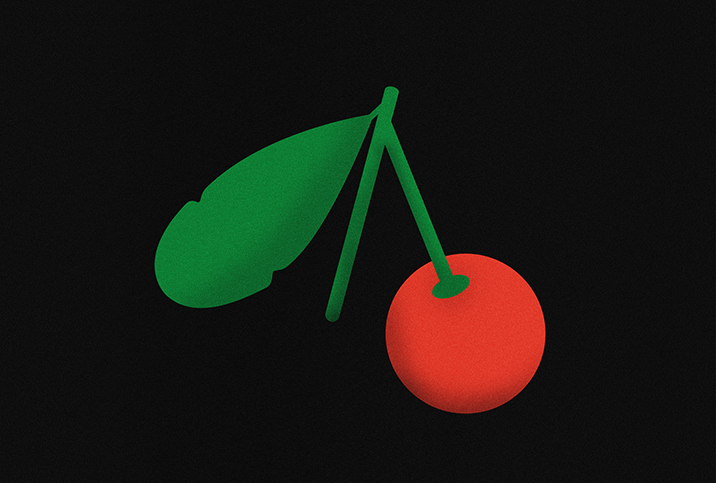How Does Losing a Ball (or Two) Impact Masculinity?

"Grow a pair" has a whole new meaning for someone with testicular cancer (TC). Losing a testicle to cancer can, obviously, be a life-altering experience. And it may not be as rare as you think. TC is actually the most common cancer among men aged 15 to 44. Although it has a high survival rate and a positive prognosis for most people afflicted with it, the treatment almost always involves the removal of at least one testicle, known as an orchiectomy.
Most of us understand that masculinity is how you identify, not how many testicles you have. Engaging with one hairy ball, instead of two, probably won't impact your partner's sexual experience whatsoever. Despite these simple truths, our culture still bombards us with a plethora of subtle signals telling us to associate masculinity with two healthy, shapely testicles. This is the story of two men’s journey with TC and their refusal to let how many balls they do or don’t have define their identity.
Eric, 23, artist, Pennsylvania
First diagnosed with TC when he was 15, Eric has experienced the rare and unfortunate journey of having testicular cancer twice and, in time, getting both of his testicles removed. As a closeted teen, getting a testicle removed led to a lot of confusion about sexuality and identity, he said, and losing part of his "manhood" left him feeling inadequate, ashamed and embarrassed. It was a years-long journey to regain his confidence post-surgery.
Eric was diagnosed for the second time in 2020 and had to go through the whole procedure again. Although he was more comfortable in his skin the second time around, having his other testicle removed presented a different type of burden: Now that his body could no longer produce testosterone, he required testosterone hormone injections.
"Being a queer man without testicles is especially challenging as gay men often hypersexualize other men’s bodies,” Eric explained. However, being a cis-man without balls has helped him to find power in his ability to challenge harmful gender norms. Eric chose not to get prosthetic testicles. Inspired by the work that has been done in the trans community, he wants his body to reinforce the message that gender and sex are two distinct things.
"It’s my responsibility as a queer to stand up for my differences and challenge the status quo," he said. Eric found power in his voice surrounding his queerness and his cancer, and he now writes and is an artist who creates sculptures that “question or challenge understandings of queerness, gender, sex, bodies, intimacy and failure."
Brian, 38, photographer, New York
After noticing a firmness in a testicle in September 2020, Brian said the nurse he visited told him it felt normal. Nevertheless, he decided to get an ultrasound to confirm. It turned out that Brian had TC, and he was scheduled to get an orchiectomy soon thereafter.
Following his surgery in November, Brian said having a testicle removed hasn’t impacted his sexual confidence significantly. “One of my trepidations of having sex post-surgery is that I enjoy getting my testicles cupped," Brian shared. "It may ruin the mood to say, 'I had cancer and lost a ball, but will you please cup my remaining testicle?'” However, he's tackling this issue head-on by sharing on his Tinder profile that he is in remission from testicular cancer.
Brian was ambivalent about getting a prosthetic and eventually decided against it. He explained that it's important for him to make sure his partners are comfortable and sexually taken care of. "Losing a nut won’t impact that whatsoever,” he said. Brian added that he felt fortunate to have gone through TC later in his life, when he was already confident and comfortable in his body, describing the experience as "anxiety-inducing but bearable."
Trauma impacts everyone differently. And there is no right way to deal with cancer. No right way to engage in self-care, regardless of how many balls we have or don't have. What is clear through these conversations is that masculinity is more than balls deep and contingent on our inner—not outer—makeup.

















